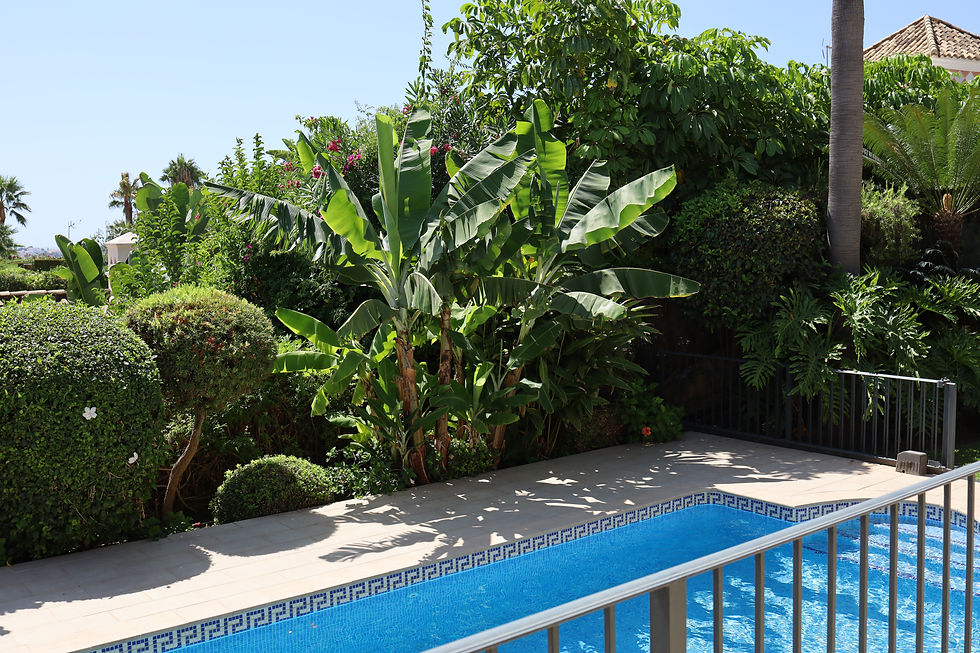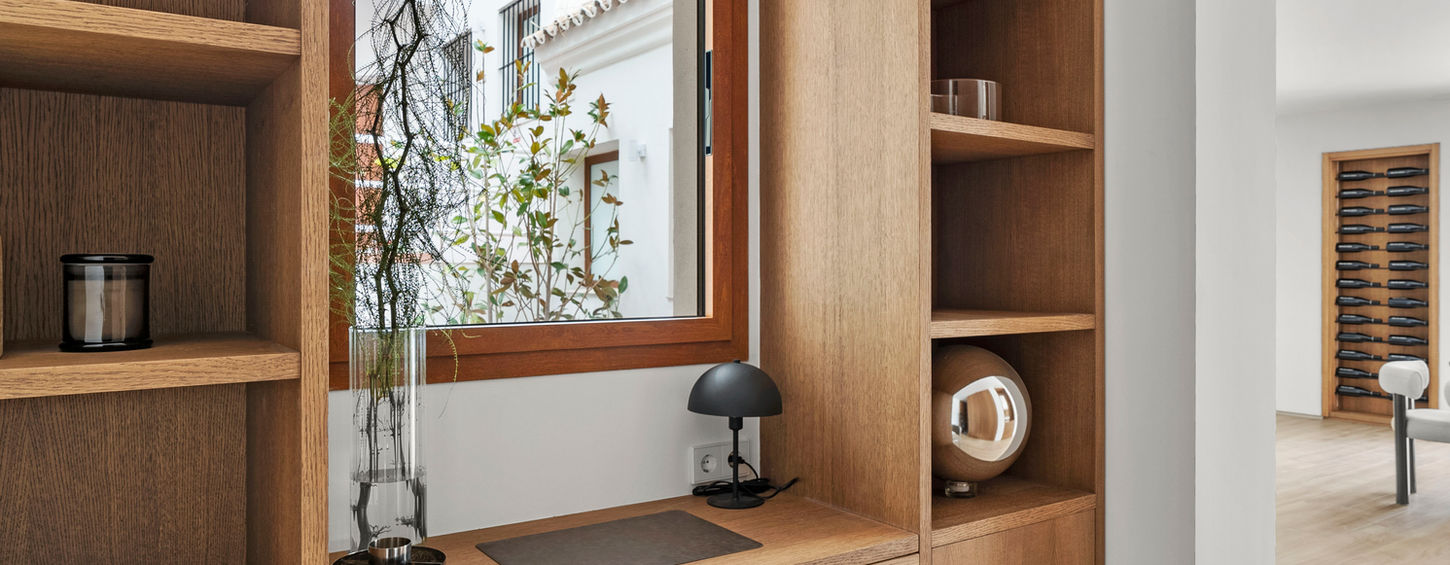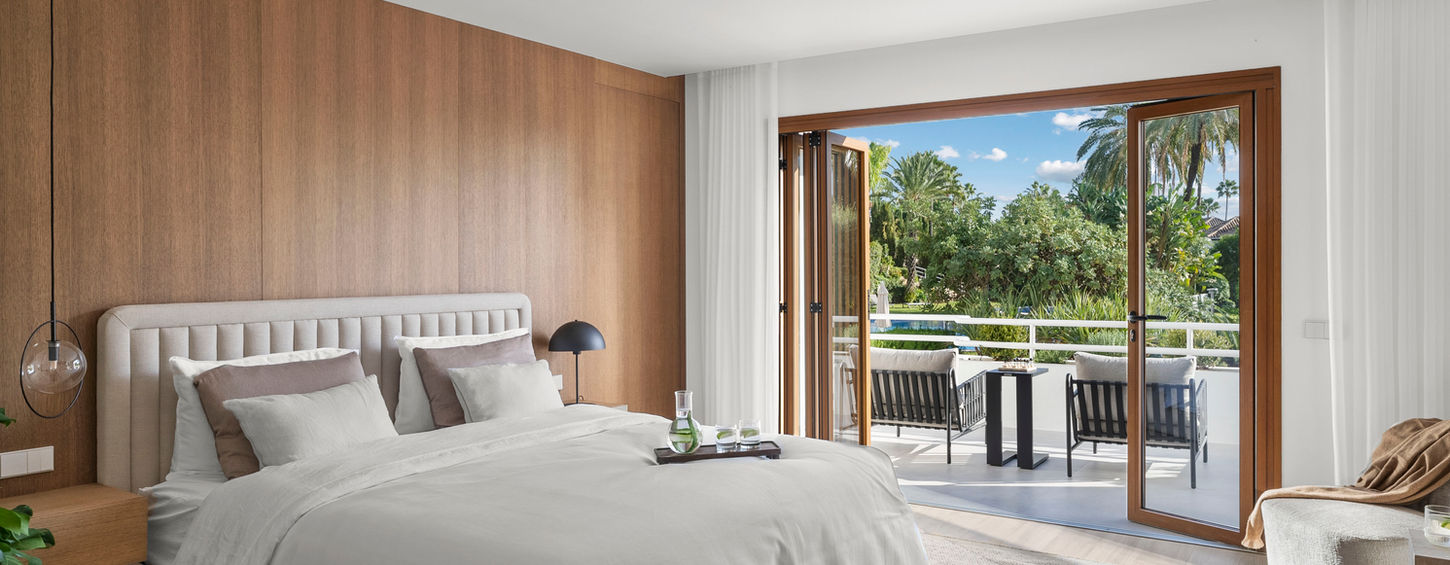What should I know before buying A property in Spain?
- Aug 5, 2025
- 3 min read
Essential facts for first-time buyers and international investors
Buying property in Spain — especially in hotspots like Marbella — can be a smart move, both financially and lifestyle-wise. But the process isn’t identical to what you may be used to back home. Here's what you really need to know before you start.

1. You’ll need a Spanish NIE number
Before you can purchase property, open a bank account, or sign anything legally binding, you need an NIE (Número de Identidad de Extranjero). This is your official identification number in Spain, required for all property transactions.
Get this early — it can take a few weeks. PS! Read nr. 2 before doing anything - you don't want to get the NIE number yourself...
2. A local lawyer is essential
Always work with an independent lawyer (abogado) who represents you, not the seller.
They will:
Help you get a NIE number
Help you set up av spanish company (S.L.) if you need
Review the property’s legal status
Verify debts or unpaid taxes
Ensure permits and licenses are in place
Handle contracts and coordinate with the notary
Basically handle the due diligence for you
Pro tip: Don’t rely solely on the agent or developer’s legal team – we will help you set up with a good lawyer who represents your interests.
3. Expect purchase costs of 10–13% on top of the price
Buying property in Spain comes with additional costs. These include:
Transfer tax or VAT (depending on property type)
Notary and registration fees
Lawyer’s fees (usually 1%)
Stamp duty
In Andalucía (including Marbella), transfer tax is currently 7% for resale properties(lower if you buy through a company – for flipping under Euro 500.000). Read more detailed about the costs here.
4. Financing is possible, but not automatic
Foreign buyers can often get a mortgage in Spain, typically up to 60–70% of the purchase price.
Be prepared to show:
Income verification
Bank statements
Tax returns
Property appraisal (done by the bank)
Be prepared to be patient. Dealing with Spanish banks takes time and requires you to be prepaired to answers the same questions multiple times. But the plus after waiting and answering everything is a better interest than in many countries.
Mortgage rates in Spain (as of July 2025) hover around 3%, depending on your profile. (We have now signed a loan in january 2026 and have got 2.3% in interest rate).
5. There’s no MLS – so listings are fragmented
Unlike Norway, the US, or the UK, Spain does not have a unified multiple listing system open for buyers. This means:
The same property can be listed by several agents
Some listings may be outdated or unavailable
A trusted advisor on the ground is key to finding the real opportunities
That’s where we at 63ºNO come in — we help you navigate the noise.
PS! Many foreigners believe that Idealista is that platform. But no – it isn’t. Don’t be fooled by everything you see out there. Agents (brokers/ real estate agents) have properties there which are sold a long time ago.
6. Short-term rentals are regulated
If you plan to rent out the property, especially on Airbnb or Booking.com, you’ll need a tourist license.
In Andalucía:
Registration is done with the regional government
Properties must meet specific standards (AC, safety, etc.)
Local municipalities (like Marbella) may apply additional restrictions
New rules from 2025 make it more difficult to obtain a tourist licence on a property (more on this in a separate article)
These new rules also gives the Community the possibility to make all short time rentals (STR's) illegal. So please – if you are considering buying for short term rental – seek advice from professionals!
Tip: Always ask your lawyer if the property can legally be rented out short-term. Again – don't trust the agents word. You must have this clarified in writing before you buy a property.
7. Think long-term: location matters more than ever
Whether you're buying as a holiday home, investment, or full-time residence – location is everything.
In Marbella, high-demand areas include:
Nueva Andalucía
Sierra Blanca
The Golden Mile
Benahavís (La Zagaleta) – To name a few
Each has its own vibe, price point, and potential.
Our advice at 63ºNO
Buying in Spain isn’t difficult – it’s just different.
Don't do everything by yourself. Use professionals.
With the right people around you, it can be smooth, transparent, and even enjoyable.
At 63ºNO, we help buyers and investors from Scandinavia and beyond make smart, safe property decisions in Marbella.
Got questions or want personal guidance? We’re here to help.
Contact us for a free consultation. PS!! Do you miss any information here? Let us know and we will fix it.





























Comments